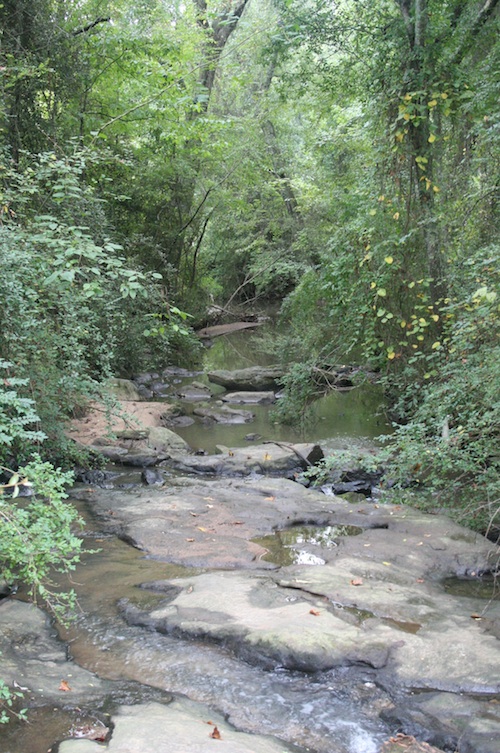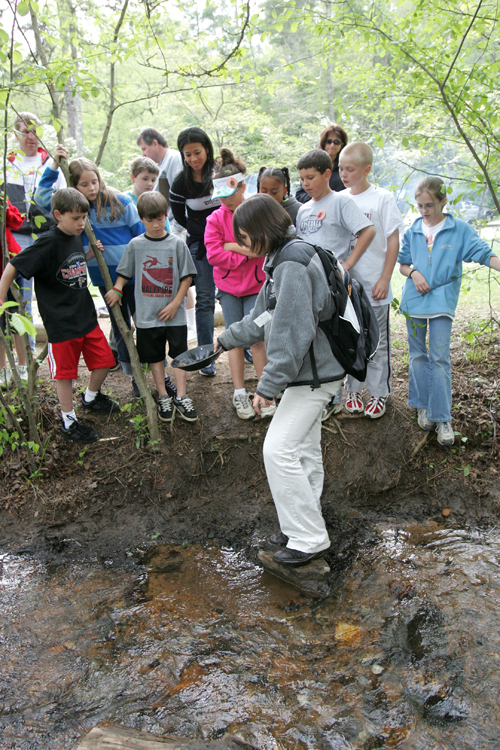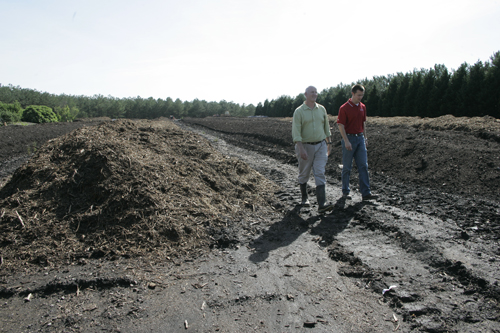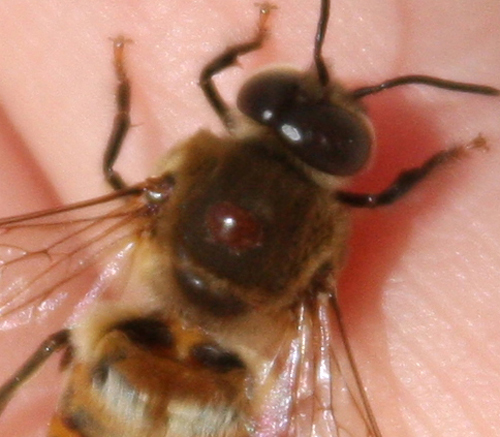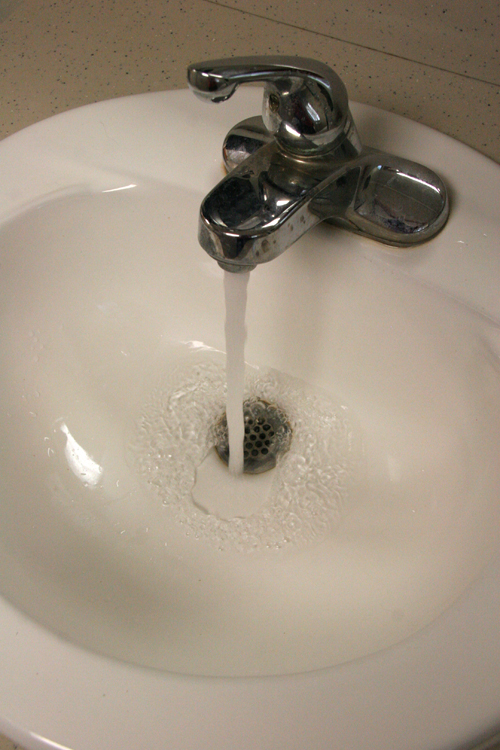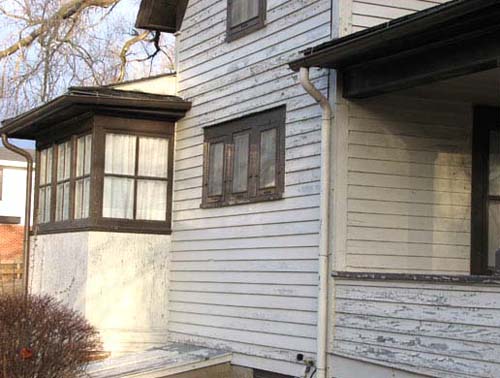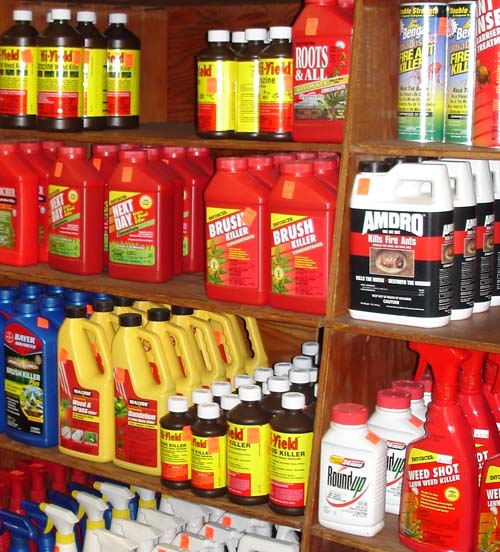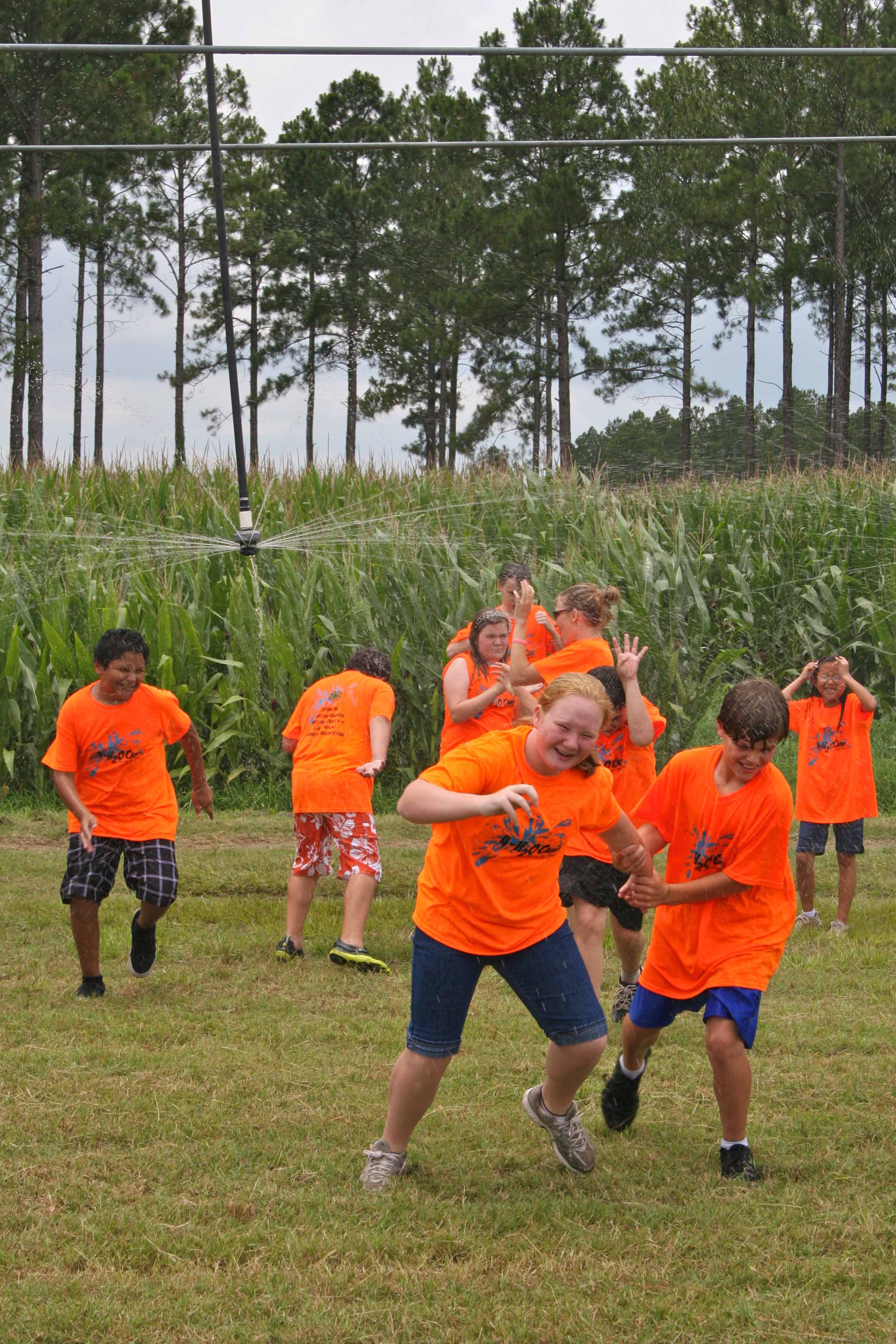 CAES News
CAES News
South Georgia 4-H'ers have fun learning about water conservation.
Dozens of 4-H students playing under the dangling spray nozzle of a center pivot irrigation system may look like a fun way to cool off in the south Georgia heat. But it’s also a lesson in water conservation.

